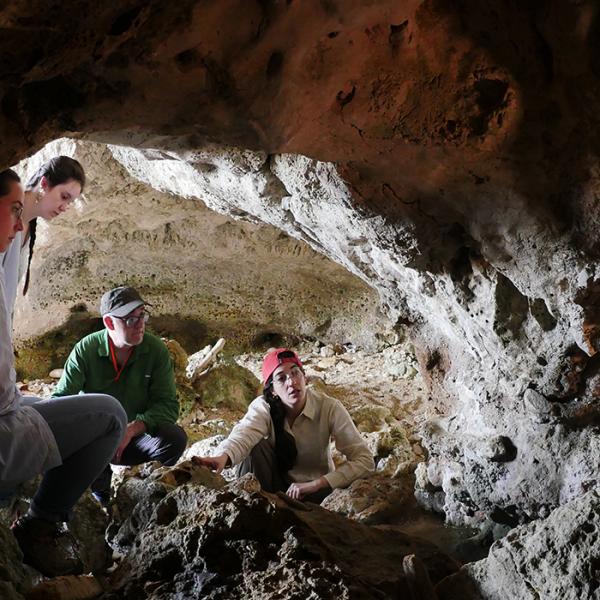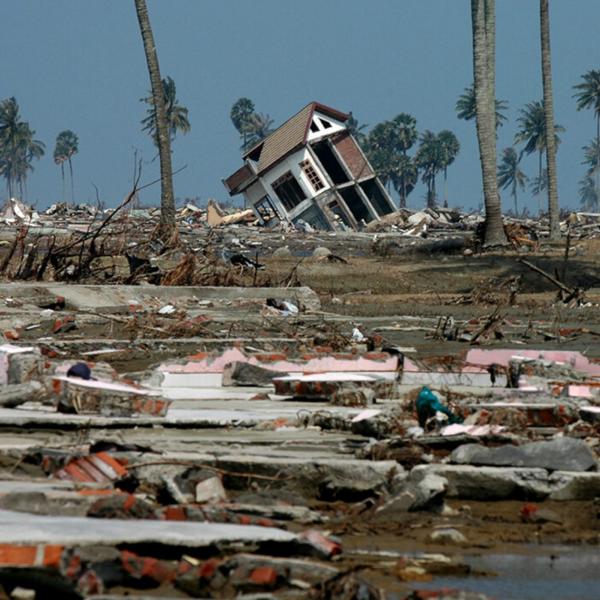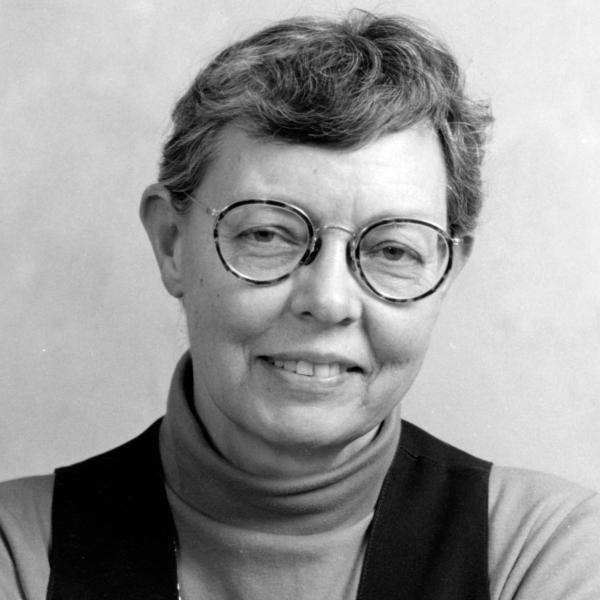John Bowen interviews with Eurasia Group Foundation
John Bowen, a sociocultural anthropologist and the Dunbar-Van Cleve Professor in Arts and Sciences, recently sat down with Eurasia Group Foundation to discuss Islam in the West. Eurasia Group Foundation uses political science tools to help individuals understand the global political forces that affect their lives. The Foundation seeks to provide proactive and sophisticated political science analysis to the broader public, and it seeks to do so in ways that are more accessible and relatable than traditional academic articles, op-eds and policy reports. Their conversation with John Bowen was originally posted via the EGF Facebook page.
EURASIA GROUP FOUNDATION: Islam has become a major focal point of this year’s presidential election in the US (and will likely play a lead role in elections in France and Germany in 2017). What do you see as the main factors influencing different societies’ responses to Islam?
JOHN BOWEN: First, in these societies Muslims may be immigrants or descendants of recent immigrants, and societal responses to them are shaped in part by the ways people in that society think and feel about immigration generally. Most Americans see themselves as having roots somewhere else in the world; most Europeans play up their roots in their current country.
Secondly, how legitimate is an outwardly visible practice of religion? France frowns on this, while Britain does not. Muslims have introduced new forms of visibility in all these societies, with differing degrees of hostility.
Third, what are the longer-term resonances of Islam? In the US, conservative evangelicals oppose Islam on theological grounds, but there is very little other historical context. Many Europeans have a sense of Islam’s historic proximity and sometimes conflictual relationships with Europe, as in the case of the Ottomans in Eastern Europe and Algeria for France.
EURASIA GROUP FOUNDATION: In the past few months, there have been a number of ‘lone wolf’ terror incidents in both the US and Europe. What do you make of how the media has portrayed the role of religion in such attacks?
JOHN BOWEN: The media transmits the instant analyses given by politicians, and those have often depicted Islam as the culprit. This isn’t clearly the case, as it is hard to disentangle a killer’s emotions. In the case of the Orlando and Nice attacks, we have good reasons to believe that the killers had long-term frustrations, including sexual frustrations, and that the last-minute references to ISIS may have been just that, last-minute justifications. But we have heard very little from the US media about these possibilities (the French media has explored them more).
EURASIA GROUP FOUNDATION: You are currently working on a book entitled "Islam Adapting in the West". What do you believe voters (in both the US and other Western nations) should know about Islam in the West?
JOHN BOWEN: Muslim immigrants adapt their ways of living their religion to new places just as past populations have done. In the United States, mosques, temples and churches all become congregations, with voluntary membership that hires leaders and religious figures. In France, Islamic entrepreneurs have been setting up schools and institutes, and they teach Muslims growing up outside an Islamic tradition, so they have to start from scratch. In Britain, Muslims are more likely to vote, and are more likely to express trust in the courts and the government than the average person.
*This interview has been edited and condensed for clarity.



